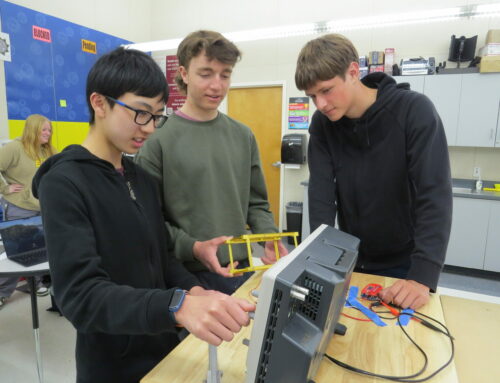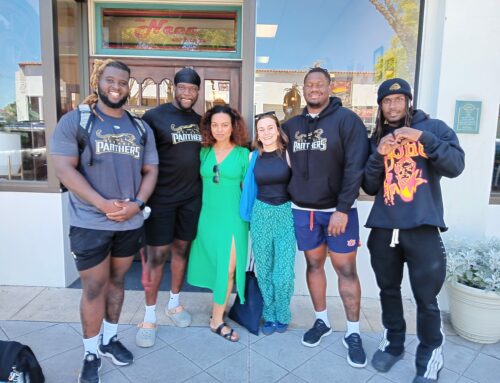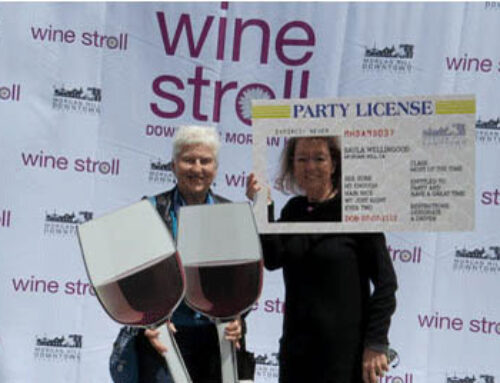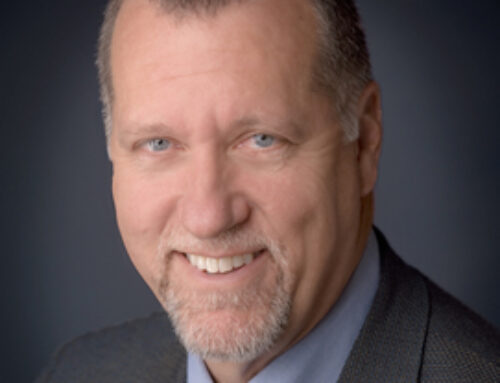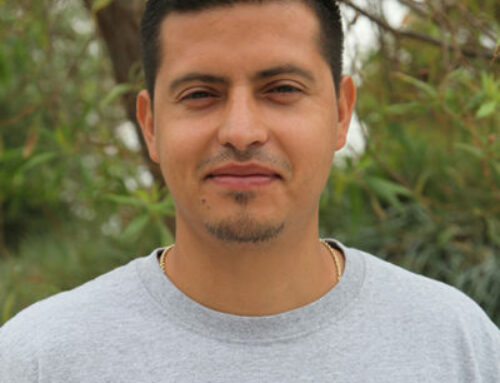Published in the December 7 – 20, 2016 issue of Morgan Hill Life
By Marty Cheek
Edward R. Murrow might be considered the patron saint of journalism. In the Catholic Church, that job goes to an obscure bishop of Geneva named Francis de Sales who is venerated as the saint of reporters and writers. But in a secular sense, Murrow is esteemed in the news trade for his integrity in getting the story factually accurate and his concern about media’s role in protecting society from those who choose to abuse power.
When I mention Murrow in conversation, people often give me a blank look, not recognizing the name of America’s most esteemed journalist. That indicates a sad state of our society — and the public’s lack of understanding of our nation’s journalism heritage.
Murrow was hired by the CBS Radio Network in 1935 and remained at the company until 1961. He provided many innovations in reporting the news. In September 1939, when war broke out in Europe, Murrow was in London reporting on the Blitz and continued to report on the conflict. After the war, he went into the newly emerging medium of television news reporting. He was concerned about TV’s focus on the image instead of ideas. But the pictures provided power as the audience could both see and hear people in the news.
He also ventured into entertainment with a CBS TV show called “Person to Person” where he interviewed celebrities and people in the news in a friendly format. In the 1950s, Murrow’s news show “See It Now” took on various controversial issues. Among them were his reports rebuking Sen. Joseph McCarthy and the Red Scare. Murrow also produced CBS documentaries putting a spotlight on social issues. One of his last projects was the ground-breaking “Harvest of Shame,” broadcast shortly after Thanksgiving Day in 1960 which shared with Americans the plight of migrant farm workers.
When he died in April 1965, he was mourned by many in the news business who saw his passing as the end of a pioneering era of innovation in informing and educating the public about current events and political issues. Journalists Walter Cronkite, Tom Brokaw, John Chancellor, David Brinkley, Dan Rather and many others owe much to Murrow for making broadcast news a respected part of the American social and political discourse.
Unfortunately, that respect for journalism has eroded and hit an all-time low in the 2016 election. I wonder what Murrow might say about modern journalism’s job in reporting on this year’s process of selecting our national political leadership. The creation of fake news stories and outright lies on the Internet through social media sites twisted the truth to shape public opinion. This trend in social media misinformation even happened here in the South Valley in certain campaigns. The problem with social media-oriented news, Murrow would point out, is it lacks editorial vetting. Any type of information can go out to an American public that, unfortunately, lacks media savvy. And unvetted news spreads quickly before it can be fact-checked by professional news people. “A lie can travel halfway around the world while the truth is putting on its shoes,” the old proverb goes.
I’d like to give my patron saint Edward R. Murrow the last word with a few of his sayings that speak to our time in history as much as his:
“To be persuasive we must be believable; to be believable we must be credible; to be credible we must be truthful. It is as simple as that.” (Spoken in testimony before a Congressional Committee May 1963.)
“The speed of communications is wondrous to behold. It is also true that speed can multiply the distribution of information that we know to be untrue.” (On receiving the “Family of Man” Award in 1964.)
“We must remember always that accusation is not proof and that conviction depends upon evidence and due process of law. We will not walk in fear, one of another. We will not be driven by fear into an age of unreason, if we dig deep in our history and our doctrine, and remember that we are not descended from fearful men — not from men who feared to write, to speak, to associate and to defend causes that were, for the moment, unpopular.” (In a broadcast of “See It Now.”)
“This instrument can teach, it can illuminate; yes, and even it can inspire. But it can do so only to the extent that humans are determined to use it to those ends. Otherwise it’s nothing but wires and lights in a box. There is a great and perhaps decisive battle to be fought against ignorance, intolerance and indifference. This weapon of television could be useful.” (Speech to the Radio and Television News Directors Association convention, October 1958).


